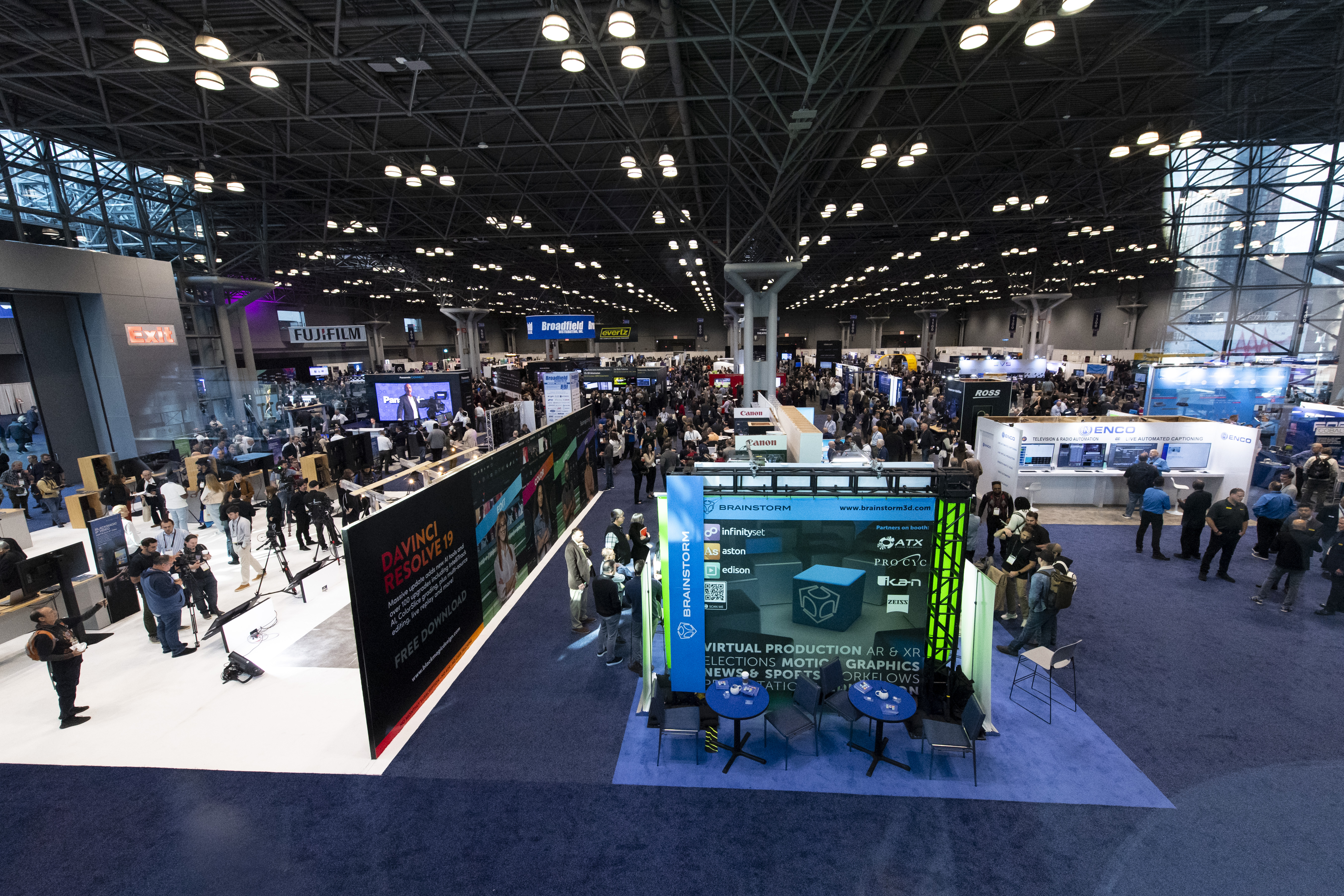Satellite Hearings Set Stage for Retrans Battle
(Feb. 26, 2009) WASHINGTON: A battle over retransmission fees is brewing in Washington, where hearings to reauthorize satellite TV copyright law have commenced. The Satellite Home Viewer Extension and Reauthorization Act, passed in 2004, spells out terms under which satellite TV providers can carry local broadcast signals.
Broadcasters want the law updated to include compulsory must-carry in all of the nation’s 210 television markets, and no waivers for importing signals from TV stations in markets other than where subscribers live, the so-called “distant signal” license.
Satellite operators want open access to distant signals because it would allow them to shop for the best retrans deal among area broadcasters. TV station groups began aggressively pursuing retransmission fees when cable and satellite operators started charging premium rates for high-definition signals, including broadcast signals. Under retrans regimes, cable and satellite TV providers pay stations on average around 25 cents per subscriber per month, though some are pursing between 50 cents and $1.
Retransmission revenues became particularly imperative over the last year as TV advertising caved in. Kagan estimates that nine pure-play TV groups gleaned $126.4 million in retrans fees during the first three quarters of 2008, up 31 percent from the same period in 2007. Full retrans revenues for 2009 are expected to tome in at $676.7 million, up from $487.5 million in 2008.
“If the retransmission consent rights of an in-market station were undercut by the importation of distant, in-state duplicative signals, the economic base for the local broadcaster’s service to the public would be eroded and the public would be harmed.” said Jim Yager, head of Barrington Broadcasting Group in testimony before the House telecom subcommittee on Tuesday.
Yager said distant signal licensing should be phased out and replaced with a nationwide local station carriage requirement, referred to as “local-into-local.”
“There are 31 of the 210 television markets in small and rural areas--like Marquette, Mich.--that the satellite companies do not serve,” Yager said.
Charlie Ergen, chairman and CEO of the Dish Network, said his satellite operation carries more than 1,400 local TV stations in 178 markets.
“In most of the remaining markets, one or more of the big four networks is missing,” Ergen testified. “If broadcasters won’t invest in their local communities, pay-TV providers should be able to treat a nearby affiliate as the ‘local’ affiliate under copyright and communications law.”
Regarding retrans, Ergen said when broadcasters had just one carrier to negotiate with in a given market, “the leverage was relatively equal. But today, Dish customers are held hostage as broadcasters play their local monopoly off multiple pay TV providers… stations in seven of our markets remain down because of unreasonable demands from Fisher Communications. Yet broadcasters provide the same content for free on the Internet.”
Ergen said since broadcasters are granted free spectrum, retrans should likewise be free, “but I understand I’m in the minority on that,” he said. He instead suggested creating a national fixed retrans rate. Either that, or else allow the importation of distant signals.
Ergen also said defining a station as local ought to have some parameters. Stations that lack the leverage to negotiate for retrans fees typically instead opt for must-carry.
“We are forced to carry hundreds of stations today that have little or no local content,’ he said. “Must-carry stations should be required to earn carriage by airing 20 hours of local programming every week.”
The professional video industry's #1 source for news, trends and product and tech information. Sign up below.
